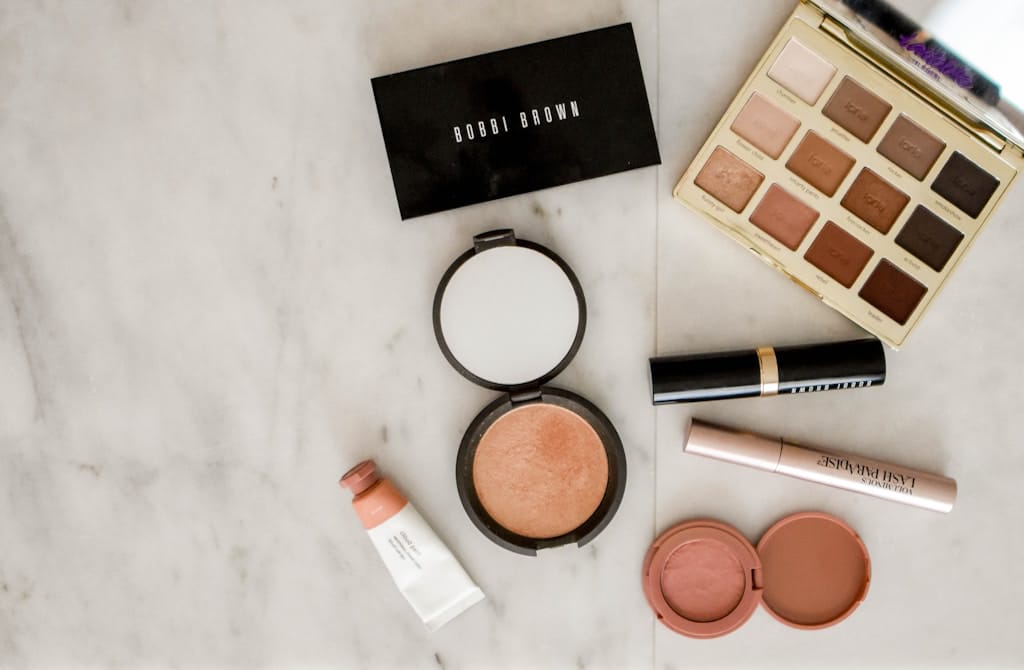Launching a cosmetics brand is an exciting journey that involves multiple critical decisions. One of the most important steps in bringing your vision to life is choosing the right cosmetics manufacturer. Poland has become a popular hub for cosmetics production due to its high-quality standards, innovative technologies, and cost-effective solutions. If you’re considering partnering with a Polish cosmetics manufacturer, this guide will help you navigate the process to find the perfect fit for your brand.
Understand Your Brand’s Needs and Vision
Before you start searching for manufacturers, it’s essential to have a clear understanding of your brand identity, target audience, and product line. Are you focusing on natural and organic ingredients? Do you want a manufacturer specializing in skincare, haircare, or color cosmetics? Defining these factors will help you communicate your expectations clearly and narrow down your options.
Knowing your budget range, desired product certifications (such as cruelty-free, vegan, or hypoallergenic), and packaging preferences will also shape your search. A well-prepared brief ensures that you can quickly evaluate potential partners and assess whether they align with your brand’s values and goals.
Research Polish Cosmetics Manufacturing Capabilities
Poland’s cosmetics industry is known for its modern production facilities and compliance with European Union regulations, ensuring product safety and quality. When researching manufacturers, look into their specialization areas and the range of services they offer, such as formulation development, private labeling, packaging, and logistics support.
Many Polish manufacturers provide tailored formulations, which means you can collaborate on creating unique products that fit your brand’s distinct style. Others might offer ready-made formulas with customization options, which can be a faster and more budget-friendly approach for startups.
Verify Quality and Compliance Standards
Quality assurance is a top priority in cosmetics manufacturing. Ensure that the manufacturer complies with all relevant EU cosmetic regulations, including proper documentation and safety assessments. Certifications such as ISO 22716 (Good Manufacturing Practices) demonstrate their commitment to maintaining high production standards.
Ask for details about their quality control procedures, ingredient sourcing, and testing protocols. This will give you confidence that your products will be safe, effective, and consistent. Transparent communication about quality control is a hallmark of reliable manufacturers.
Evaluate Experience and Reputation
Experience counts when choosing a manufacturing partner. Look for companies with a proven track record of working with brands similar to yours. Experienced manufacturers understand the challenges of product development, regulatory requirements, and market trends, which can save you time and avoid costly mistakes.
Seek client testimonials, case studies, or references that highlight their reliability, flexibility, and professionalism. An established manufacturer will also be better equipped to scale production as your brand grows, providing a stable foundation for your business.
Assess Communication and Customer Service
Effective communication is crucial in any partnership. Choose a manufacturer that responds promptly and clearly to your inquiries. A collaborative approach ensures that your feedback is heard and incorporated throughout the product development process.
Consider the language skills of the team, especially if you’re working internationally. A manufacturer with English-speaking representatives can make coordination smoother. Customer service should extend beyond production to include after-sales support and problem-solving.
Consider Production Capacity and Flexibility
Understanding a manufacturer’s production capacity is vital to ensure they can meet your order volumes, both now and in the future. Some manufacturers specialize in large-scale production, while others focus on small to medium batches suitable for boutique brands.
Flexibility in production schedules and minimum order quantities (MOQs) is another important factor, particularly for new brands testing the market. A manufacturer willing to accommodate smaller runs or pilot batches can help you launch without excessive upfront investment.
Evaluate Sustainability Practices
Sustainability is increasingly important in the cosmetics industry, both for consumers and brands. If environmental responsibility is part of your brand ethos, investigate your potential manufacturer’s sustainability initiatives.
Check if they use eco-friendly packaging, source ingredients responsibly, minimize waste, or employ energy-efficient processes. Collaborating with a manufacturer who shares your commitment to sustainability can enhance your brand’s reputation and appeal to conscious consumers.
Request Samples and Conduct Testing
Before finalizing your partnership, request product samples to evaluate quality, texture, scent, and packaging. Testing samples allows you to ensure the product meets your standards and resonates with your target market.
Consider conducting your own consumer tests or focus groups for additional feedback. This step is critical to avoid surprises post-production and to fine-tune the final product.
Negotiate Terms and Formalize the Partnership
Once you identify the right manufacturer, discuss and negotiate terms such as pricing, lead times, payment conditions, intellectual property rights, and confidentiality agreements. Clear contracts protect both parties and establish expectations for the collaboration.
Ensure that all regulatory compliance responsibilities are outlined, including labeling, product safety documentation, and liability clauses. A well-drafted agreement lays the groundwork for a successful long-term partnership.
Final Thoughts
Finding the right Polish cosmetics manufacturer requires thorough research, clear communication, and alignment with your brand’s values and goals. Poland offers a wealth of opportunities for cosmetics brands thanks to its advanced manufacturing infrastructure and skilled workforce.
By understanding your needs, verifying quality standards, evaluating experience, and assessing flexibility and sustainability, you can select a partner who will help you create outstanding products and grow your brand successfully.

